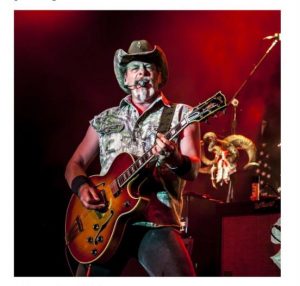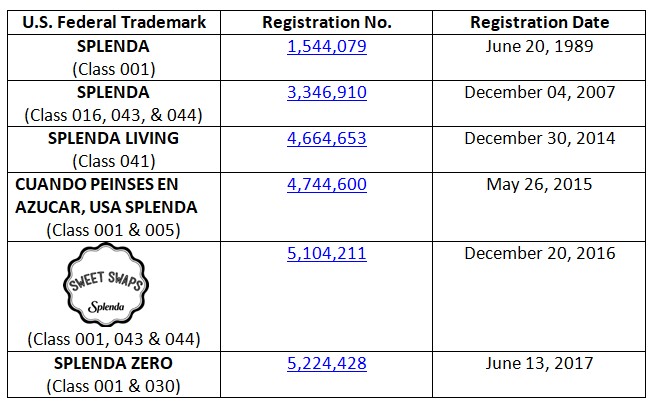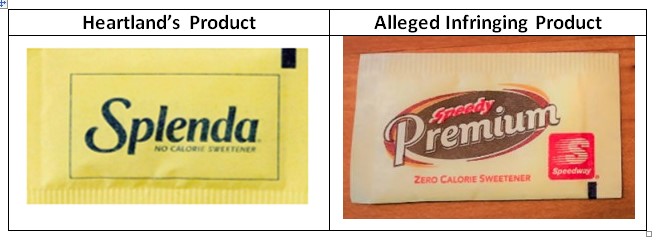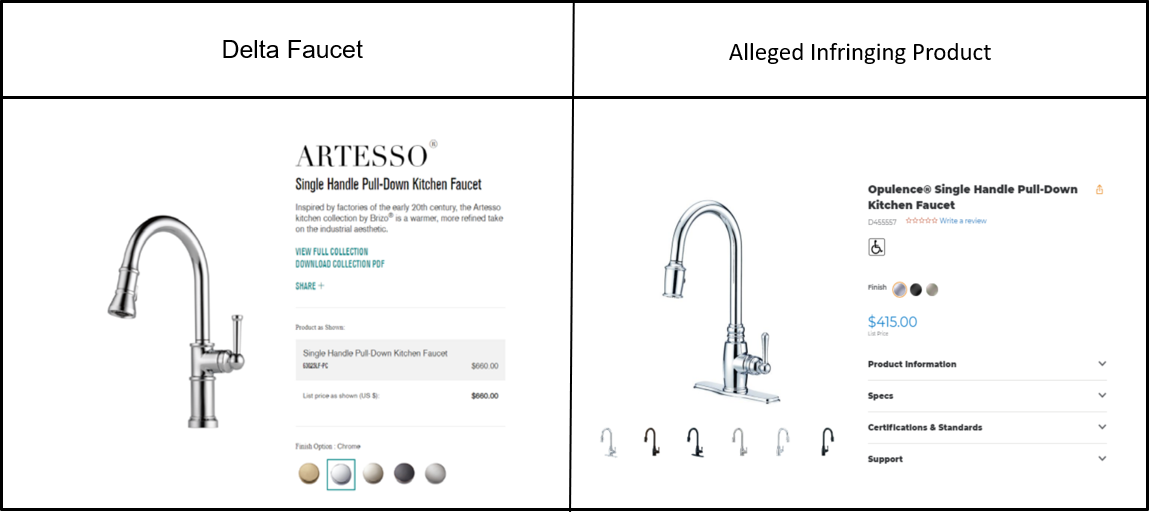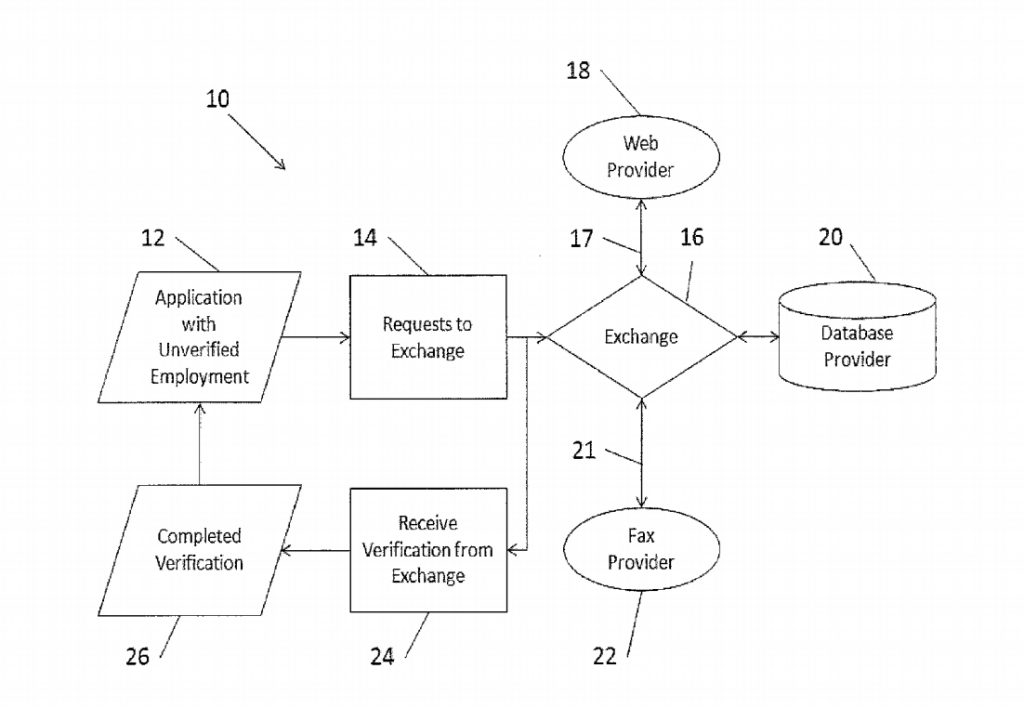Indianapolis, Indiana – Wonderland Switzerland AG (“Wonderland”), the Plaintiff and resident of Switzerland, originally filed suit in the Central District of California for patent infringement against Defendant, Dorel Juvenile Group, Inc. (“Dorel”), an Indiana-based company,. The Complaint asserted three claims concerning three different patents relating to car seats and strollers filed a motion to dismiss or transfer the case for improper venue.
Pursuant to 28 U.S.C. § 1404(a), “[f]or the convenience of parties and witnesses, in the interest of justice, a district court may transfer any civil action to any other district or division where it might have been brought or to any district or division to which all parties consented.” According to the Court’s Order, while ordinarily a “defendant must make a strong showing of inconvenience to warrant upsetting the plaintiff’s choice of forum,” “where the plaintiff is a non-resident of the forum, and/or the case has relatively little connection to the chosen forum, the Plaintiff’s choice of forum does not enjoy that type of benefit on a Section 1404(a) motion.”
The Court held that the factors for transfer weighed heavily in Dorel’s favor. Further, the Court noted that “[t]o the extent a transfer of this action to Indiana is a ‘shifting of inconveniences,’ the only ‘convenience’ factor it negates for Plaintiff is a potential relative ease of traveling from Switzerland . . . to Los Angeles over traveling from Switzerland . . . to Indiana.” Therefore, the action was transferred to the Southern District of Indiana for further proceedings and the improper venue portion of the motion was denied as moot.




